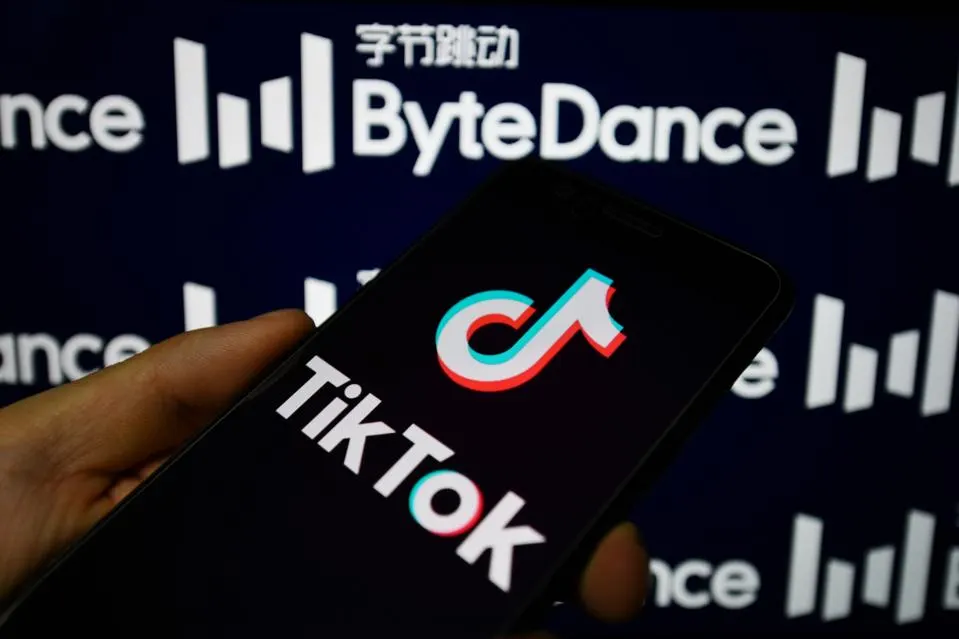TikTok is developing a U.S.-only app with a separate algorithm and data system to comply with U.S. law and facilitate a potential sale amid political and trade tensions with China.
Bytedance, the company behind TikTok, is developing a United States only application with a separation algorithm and data handling system to meet with recent demands placed by the US.
A Reuters report says the move supports U.S. regulatory compliance and may also prepare the company for a future sale. Employees have spent months duplicating the global app’s codebase to build a U.S.-only version by September.
This effort includes copying AI models, user data, and key features. Internally, the upcoming app is called “M2.” It will store American user data separately from other regions. Additionally, it will train recommendation algorithms using only U.S. data.
The app mirrors China’s Douyin model and will be inaccessible outside the United States.
The Biden administration signed legislation in April last year that forced TikTok to sell its U.S. operations citing national security concerns as the reason for the mandate.
US officials worry Chinese authorities could force ByteDance to hand over sensitive U.S. user data. Additionally, lawmakers fear the platform could be used to spread propaganda or influence public opinion.
The concern deepens with TikTok’s powerful recommendation algorithm, which shapes what users see. Critics say Beijing could exploit this to sway elections or suppress dissenting voices. Intelligence agencies have also raised alarms about the potential for espionage. These fears have driven bipartisan efforts to either ban the app or force a U.S. ownership structure.
Read more: Canada bans TikTok from government devices
Read more: Trump Media shares spike as Donald reveals he ain’t sellin his stake
ByteDance rebuilt the app to avert a ban
The Trump administration later delayed the original January 19 ban three times to give TikTok’s U.S. division more time to arrange a potential sale.
The platform also competes directly with Facebook Reels and YouTube Shorts. Meta Platforms Inc (NASDAQ: META) and Alphabet Inc (NASDAQ: GOOG) launched those features to copy TikTok’s short-form video model. Additionally, analysts view TikTok as a major threat to traditional social media advertising models.
Retail sentiment on Stocktwits flipped to “neutral” from “extremely bearish” just yesterday. ByteDance rebuilt the app to meet new U.S. trade rules and avert a possible ban. However, Chinese officials blocked its plan to spin off the U.S. business. A consortium—backed by Susquehanna, General Atlantic, KKR, Blackstone, Andreessen Horowitz and potentially Oracle (NASDAQ: ORCL)—now awaits Beijing’s approval to take over the algorithm.
Analysts say ByteDance remains financially strong despite mounting pressure. It recently launched a U.S. employee share buyback at nearly $190 per share, reflecting a valuation close to USD$315 billion. That figure is up from earlier levels. Analysts estimate 2024 revenue exceeded USD$145 billion, with the U.S. TikTok arm contributing about 18 per cent. At current valuations, ByteDance trades at a lower multiple than major tech peers.
Additionally, its investments in AI models and chatbots continue to lift its long-term growth outlook. Some investors now peg its value over USD$400 billion. However, looming deadlines in the United States may force a sale of TikTok’s U.S. business by early 2025. While ByteDance is still expanding, it faces risks tied to geopolitics and regulation.
.
joseph@mugglehead.com













